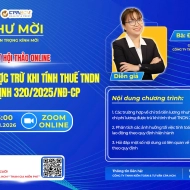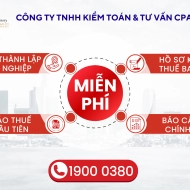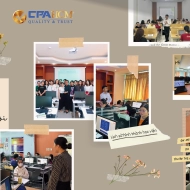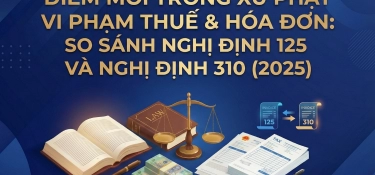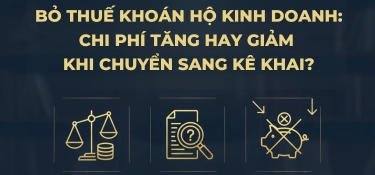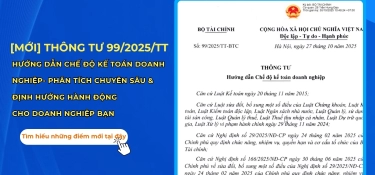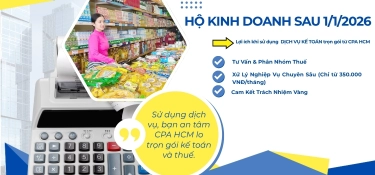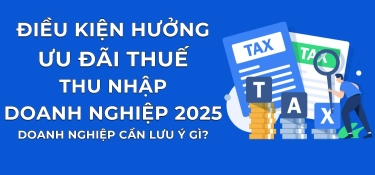EXTREMELY GOOD EXPERIENCE IN FIGHTING WITH TAX AUTHORITIES
Recently, many of you are preparing for settlement, so we have asked CPAs to share some experiences and notes when we settle, or simply for reference and preparation in advance.
Recently, many of you are preparing for settlement, so we have asked CPAs to share some experiences and notes when we settle, or simply for reference and preparation in advance.
So today, CPA will share the experiences and notes that CPA has learned so that it can help you avoid unnecessary mistakes.
+ First: When the CPA does the accounting, the CPA has already classified what is reasonable and what is unreasonable so that when finalizing, you only need to look at it to know the unreasonable cost and eliminate it.
For example, CPAs often use 1 account 642A to account for all expenses that do not have invoices or invoices that cannot be used, in general, expenses that are CERTAINLY FAILED.
There are CPA firms that also add account 642B to account for SENSITIVE COSTS, which means reasonable costs but must have conditions for easy management.
There are companies that require high accuracy, so when accounting for any expenses that do not have invoices, we clearly write down "Expenses.... no invoices", or "Expenses.... have invoices but no invoices". valid", so that if we make a mistake in accounting, when we do the financial statements at the end of the year, we can immediately see it and correct it. They already know the tax when they see it, no need to ask me anymore.
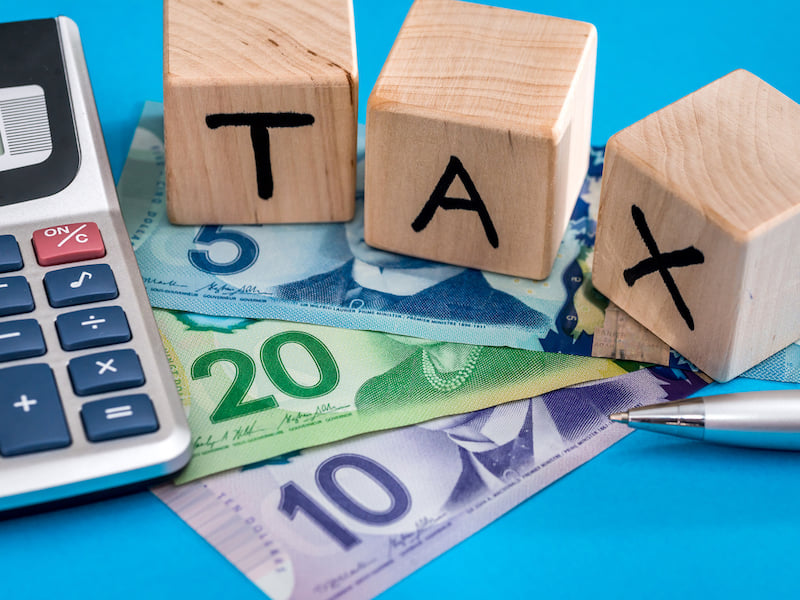
+Second: Remember to only declare tax when you have the original invoice (if you buy domestic goods) or original tax payment paper (if you buy imported goods). If for some reason you have not received the original in your hand and only have a photocopy or scan, you must make a note of it so you can remember to ask for it, otherwise you will definitely forget it after a few days of busy work. , it's very troublesome if you don't have it when you need it.
+ Third: If you work at an import-export enterprise, remember to rely on tax payment papers to declare imported goods, not on customs declarations.
Many of you have already accounted 133 into the software when importing, because if you wait until next month to declare, your ledger 133 will be skewed compared to the input list, so you decided to declare it declare.
Because many of you don't know that "you can only declare when you have a tax payment certificate", but just follow the accountant first and see how others do it. The consequence of this is that when finalizing, you will be fined for "wrong declaration of tax period" and "penalty for late payment of VAT" (If they adjust the tax payment form for the month, they will declare that month, then the next month). If there is a positive tax payable, they will charge a penalty)
+ Fourth: When your company borrows capital from the bank, absolutely do not leave high cash balances, especially at the time of disbursement by the bank. If the cash balance is too high (on paper, but in reality the company doesn't have money so it has to borrow), then you can make a payment slip to spend less, just make up the content, like: Marketing expenses without invoices, allowance expenses, whatever expenses....without invoices.
The purpose is to reduce funds, so feel free to make things up, but be reasonable, remember to clearly state that there are no invoices, so that you can later know and exclude them when finalizing taxes.
Because if at the time of borrowing from the bank, the amount of cash in hand is higher than the amount we borrow, then this interest expense will not be included in reasonable expenses and will be eliminated.
+ Fifth: The cash fund cannot be negative, this is something many new accountants often encounter. If you lack money, make a loan contract from your boss or shareholder, 0% interest rate, then when the cash increases, liquidate this loan contract and return it to them.
Tin cùng chuyên mục
DỊCH VỤ KIỂM TOÁN BÁO CÁO TÀI CHÍNH LÀ GÌ? DOANH NGHIỆP NÀO BẮT BUỘC KIỂM TOÁN?
ĐIỂM MỚI TRONG XỬ PHẠT VI PHẠM THUẾ & HÓA ĐƠN: SO SÁNH NGHỊ ĐỊNH 125 VÀ NGHỊ ĐỊNH 310 (2025)
BỎ THUẾ KHOÁN HỘ KINH DOANH: CHI PHÍ TĂNG HAY GIẢM KHI CHUYỂN SANG KÊ KHAI?
04 CHÍNH SÁCH ƯU ĐÃI DÀNH CHO HỘ KINH DOANH THEO NGHỊ QUYẾT 198/2025/QH15
DỊCH VỤ RÀ SOÁT & QUYẾT TOÁN THUẾ CHO BAN QUẢN TRỊ CHUNG CƯ – CPA HCM
GIẢI PHÁP KẾ TOÁN TRỌN GÓI TỪ CPA HCM GIÚP HỘ KINH DOANH AN TÂM TRƯỚC NGHỊ QUYẾT MỚI
ĐIỀU KIỆN HƯỞNG ƯU ĐÃI THUẾ THU NHẬP DOANH NGHIỆP 2025: DOANH NGHIỆP CẦN LƯU Ý GÌ?
TRẢI NGHIỆM ĐỊNH HƯỚNG NGHỀ NGHIỆP: Sinh Viên Văn Hiến "Thực Chiến" Cùng CPA HCM
